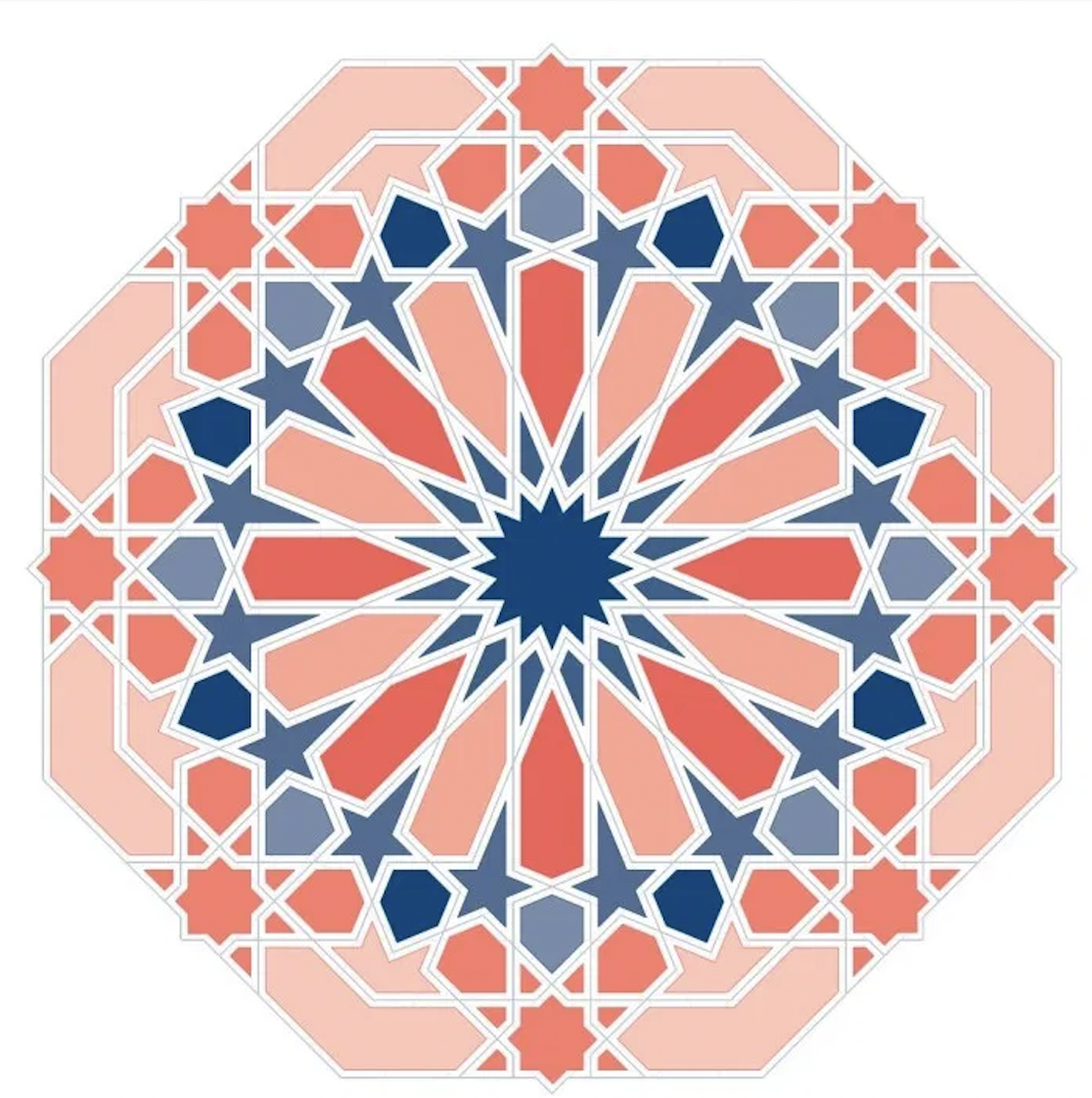Peanut Butter and Blueberries: A story of love, identity and choice
Peanut Butter and Blueberries is a love story featuring Muslim protagonists, Bilal and Hafsah, exploring issues of identity, belonging and choice.
The play is written by renowned author and poet, Suhaiymah Manzoor Khan who is an authoritative voice on the subjects of inequality, racism and Islamophobia.
I wondered whether Suhaiymah’s debut play, Peanut Butter and Blueberries was in any way connected to, or an extension of her existing work, and how the idea for the play came about.
Suhaiymah tells me that she was approached by the Kiln Theatre about writing a play that was based on a story she felt was missing from the arts scene. “I wanted to see characters who like being Muslim. It’s part and parcel of their identity and who they are.” She adds: “Usually the mainstream stories feature Muslims who reject the idea of Islam or are taking off their hijabs to be ‘free’. Islam is seen as a hindrance to their lives in some way or it’s a barrier to freedom or accessing their dreams.”
Suhaiymah’s goal was to turn that narrative on its head, but to also show that there are real problems facing Muslims which are nothing to do with Islam. However, it is more to do with how being a Muslim results in socio-economic, and political exclusion.
She quotes shocking statistics for Muslims. “The realities are that fifty per cent of Muslims in the UK live below the poverty line; eighteen per cent of the prison population is Muslim - and these are some of the real problems affecting Muslims on the ground and impacting their lives and future,” says Suhaiymah.
These wider issues touch the lives of university students Bilal and Hafsah, in one way or the other, and inevitably impact their future. “I wanted to show the themes of inequality, racism and Islamophobia in a way that shows the real harm it can have on people’s lives. And how communal trauma can impact the choices that we make,” says Suhaiymah.
The themes that Suhaiymah wanted to portray could have been depicted in a multitude of narratives, but she wanted to specifically choose a love story. Just as Romeo and Juliet’s love is doomed for situations specific to their time and history, Hafsah and Bilal too face difficulties in their journey of the heart.
Bilal and Hafsah choose to pursue love in their way, a way that is common in their faith and cultural traditions. Suhaiymah states, “I wanted to show what love for Muslims looks like. We are allowed to love and live on our own terms. It’s our belief system, our lives, it’s not something that we have to shy away from.” This matter of factness and confidence in herself, is what I really like about Suhaiymah’s work in general. She does not conform to what western society dictates what the ‘norm’ should be.
She says: “We normally see love stories through a secular western lens. But for Muslims that’s not what many of our experiences are. If you are a practicing Muslim you will abide by certain rules and behaviour. You’re not going to have an intimate relationship before marriage - I wanted to represent that.”
Suhaiymah also says she wanted to explore, “What does it mean to be a young Muslim living in today’s world where all our reference points are western and secular, and also hyper sexual? What does it look like when you choose to live on your own terms?” She wanted to show how the characters are impacted by the prevalent Islamophobia that exists in society.
As young Muslims, the main characters are affected by the surveillance culture, the perceived threat of all Muslims and the unashamed racism and Islamophobia within institutions and culture as a whole, and they both deal with this in different ways. They are searching for their purpose and meaning amidst hostility, and breaking down the layers of why they feel so hated.
I ask Suhaiymah if this play is just targeted at the Muslim community. She says “This is a love story for all audiences. It is however, important to me that Muslim people feel seen and heard.” She also wants diverse audiences to come and see a story about love from a different perspective, but also learn something about the reality for many of the growing Muslim population.
We speak about inclusivity and why low numbers of Muslim audiences go to theatre or enjoy other cultural spaces. I wonder if it’s because there aren’t many authentic Muslim stories out there. Suhaiymah says, “Its not about just having plays featuring Muslims, but more deeply about the secular culture around the arts that actually exclude Muslim people in general. There are so many negative narratives out there and the Islamophobia tropes, and you hardly want to be in the audience and stand out when such stories are out being told.”
Peanut Butter and Blueberries on the other hand promises to be a fully inclusive experience. The play ends before the sunset Maghrib prayers, a prayer space is provided and there is no alcohol served on the premises for select performances. And of course the story is authentic and representative.
Suhaiymah says: “Yes the stories we tell are important and we need to make them inclusive and relatable, but it’s also about showing people who are not part of that world, that this is how we experience realty. A reality shaped by Islamophobia, surveillance and the violence of the state.”
There will be a special community event with an art exhibition by Muslim artists and live music on Thursday 22 August. Use code PBCOMMUNITY to unlock seats indicated with * to the 7pm performance of Peanut Butter and Blueberries. Book here: https://kilntheatre.com/whats-on/peanut-butter-blueberries/




